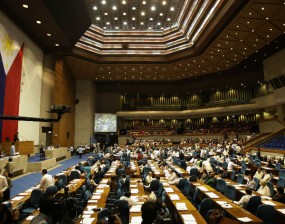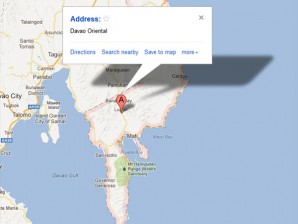MANILA, Philippines — President Benigno Aquino III signed the Reproductive Health Bill last December 21, which is now known as Republic Act 10354, House majority leader Neptali Gonzales II said on Friday.
Gonzales told reporters through text message that Aquino had signed the measure into a law without fanfare a day after both chambers of the 15th Congress ratified the bill’s bicameral report.
Seen as one of the most controversial measures handled by legislators, the RH Bill had languished for 13 years in Congress before it was passed by both the Senate and the House of Representatives this month. It was also deemed one of the most divisive of measures deliberated this year.
RA 10354 will provide its beneficiaries, as determined by the National Household Targeting System for Poverty Reduction (NHTS-PR) of the Department of Social Welfare and Development (DSWD), with “universal access to medically safe, non-abortifacient, effective, legal, affordable and quality reproductive health care services, methods, devices, supplies which do not prevent the implantation of a fertilized ovum.”
Both the national and local government will shoulder responsibility in implementing the said law which will also provide “age- and development-appropriate reproductive health education” to public school students aged between 10 and 19.
Albay Representative Edcel Lagman, the main proponent of the RH Bill at the House of Representatives, has earlier pegged 7.5 million public school students as beneficiaries of RH education once it is rolled out by the Department of Education. He was also hopeful that private schools would follow suit and adapt the DepEd’s curriculum on RH education.
The law will only provide minors with access to artificial birth control methods in health centers and state-run hospitals if they have written parental consent, or have already given birth or have had miscarriages.
Information and access to family planning methods which have are “proven medically safe, legal, non-abortifacient, and effective in accordance with scientific and evidence-based medical research standards such as those registered and approved by the FDA (Food and Drug Administration)” will be provided by the State under the said law.
RA 10354 also gives the health department the responsibility as the lead agency for implementing the law and will handle procurement and distribution of family planning supplies for the beneficiaries.
The DOH will also have a hand in campaigns meant to raise public awareness on reproductive health.



